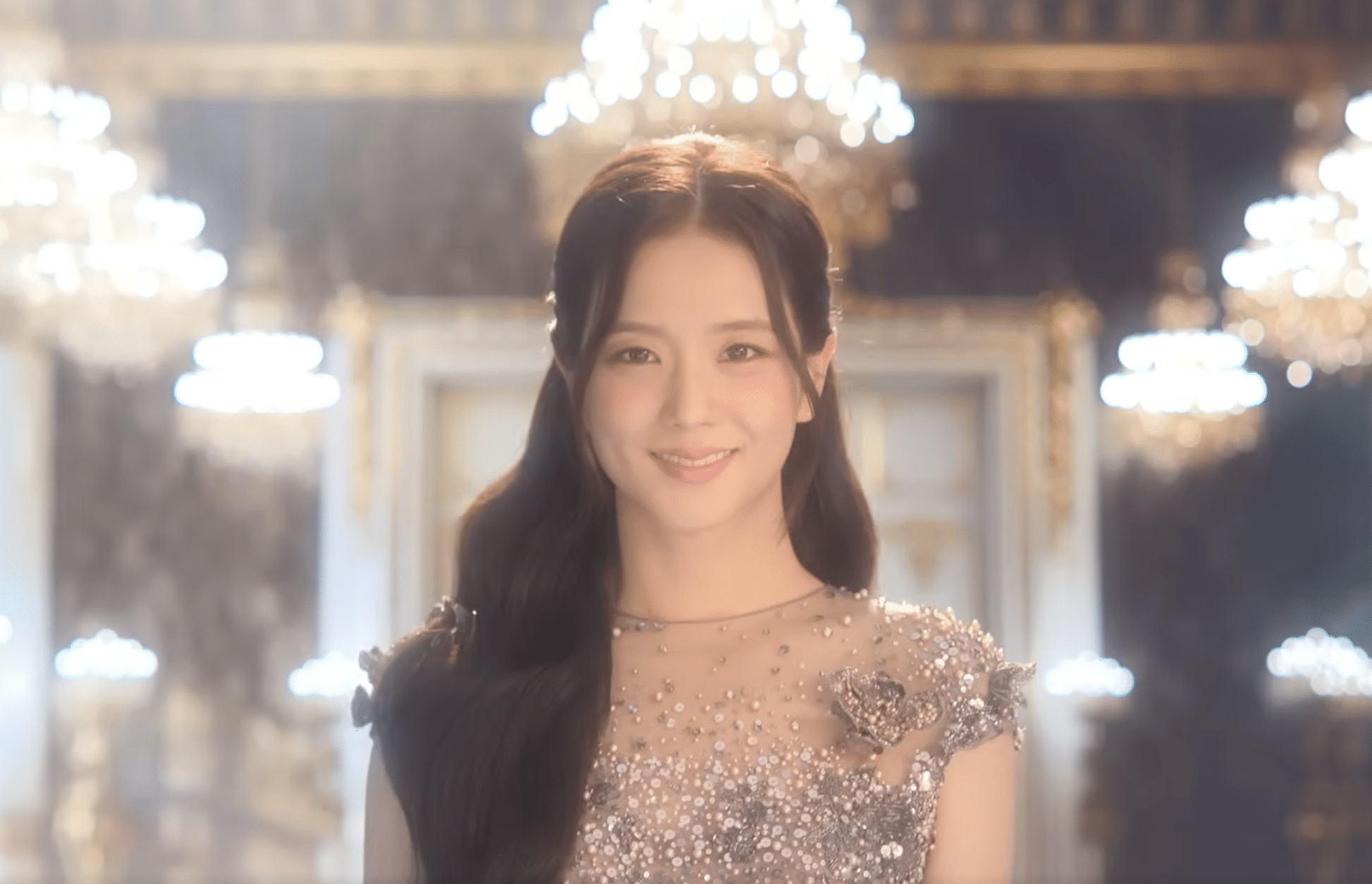For many of us, Bruce Lee is a fixed point—an image of lethal, philosophical perfection, frozen in time. He is a cultural figure in the same tier as Bob Marley or Tupac Shakur, a global icon who died too young in 1973.
Jeff Chang, the Berkeley author and activist, has written a biography that aims to move beyond the familiar icon. His new book, Water Mirror Echo: Bruce Lee and the Making of Asian America, argues that Lee’s life is fundamentally tied to the political emergence of the Asian American identity.
Chang told the Chronicle that he “wrote the book to put Bruce back into this context and help people to see that his accomplishments are much larger than we’re giving him credit for.”
View this post on Instagram
From San Francisco to the Global Stage
Born in San Francisco in 1940, during the period of Chinese Exclusion, Lee’s status as a U.S. citizen was guaranteed by the Fourteenth Amendment. This simple fact, Chang argues, shaped his entire path. It allowed him to move between Hong Kong and the United States, giving him chances earlier Chinese migrants did not have.
Chang told the San Francisco Chronicle that if political challenges to birthright citizenship existed in 1940, “Bruce would have been deportable today.” That legal protection gave him a foundation, letting him study in Seattle and later establish martial arts schools in California.
Even with citizenship, Lee ran into rigid racial limitations in Hollywood. He was consistently offered minor or stereotypical parts, leading to his famous loss of the lead role in Kung Fu to a white actor in yellowface, David Carradine.
Chang uses this struggle against institutional bias to draw a clear parallel with the rising political consciousness of Asian Americans. Lee’s own fight for dignity against prejudice mirrored the movement for an identity that refused second-class status.
“For somebody to walk into Hollywood and be able to break down massive barriers to portraying Asians and Asian Americans in a positive light, it was really extraordinary,” Chang explained. He says Lee’s experience shows how the arc of one life can embody that of “millions of our lives.”
Read More: Petition to change ‘Robert E Lee County’ to ‘Bruce Lee County’ gains traction
The Political Content of Gung Fu
Chang, already well-known for his history of the hip-hop generation, Can’t Stop Won’t Stop, draws connections across cultural forms. He weaves together Lee’s life and the social backdrop of the time: racism, immigration, and war.
The author sees Lee’s film work as explicitly political. The movies weren’t just action. They were spectacles where Lee’s character consistently fought colonial oppression and economic injustice.
In The Big Boss, he championed labor solidarity. In Fist of Fury, his anti-colonial fury was on full display. Way of the Dragon showed him fighting to protect a community from gentrification.
Lee’s philosophical stance, rooted in his study of Taoism and Zen, was about self-reliance and radical individualism. He was putting these ideas into practice while the Beat generation was searching for similar truths in the same San Francisco neighborhoods.
W. Kamau Bell, the comedian, who served on a group of trusted peers Chang calls the “firing squad” to vet the manuscript, has called Water Mirror Echo the definitive biography.
Bell, a long-time martial arts student, told the Chronicle in a video call, “I think a lot of these biographies are so clearly exploitative, and Jeff’s is not. He actually cares about Bruce Lee.”
The Hidden Work of a Biographer
The process for the book began more than fifteen years ago, but it changed direction after 2020. As anti-Asian violence increased during the pandemic, Lee’s image—fighting stance and all—began appearing on protest signs online.
“His image was like a rallying cry,” Chang remembered. “At that particular point, the book completely changed.” It was then that the connection between Lee’s journey and the Asian American experience clicked into place for the author.
The book is an unauthorized work, but Chang received access to the family’s archives from Shannon Lee, Bruce Lee’s daughter. This access included personal letters, rare documents, and photographs that reveal the star’s private thoughts and decisions.
Chang shared drafts with Shannon Lee, who gave him her honest critique. “I think it was a hard read for her in some parts,” Chang said. “She gave me some of the best criticism that I could have ever had, and the book is so much better because of that. But she never asked to change anything.”
Chang’s focus is on what matters: why Lee’s image remains so potent. He disregards the speculation often surrounding Lee’s untimely death from cerebral edema.
“That stuff is so uninteresting because it says nothing about why he still means so much to so many people around the world,” Chang asserts. He believes many biographers have placed “too much emphasis on the mystical and the carnal.” The lasting power of Bruce Lee lies in the history he helped write.
You can order Water Mirror Echo: Bruce Lee and the Making of Asian America now at your local independent bookstore or online.
To hear more about the connections between hip-hop, activism, and Lee’s legacy, check Jeff Chang‘s upcoming book tour dates in your area.










